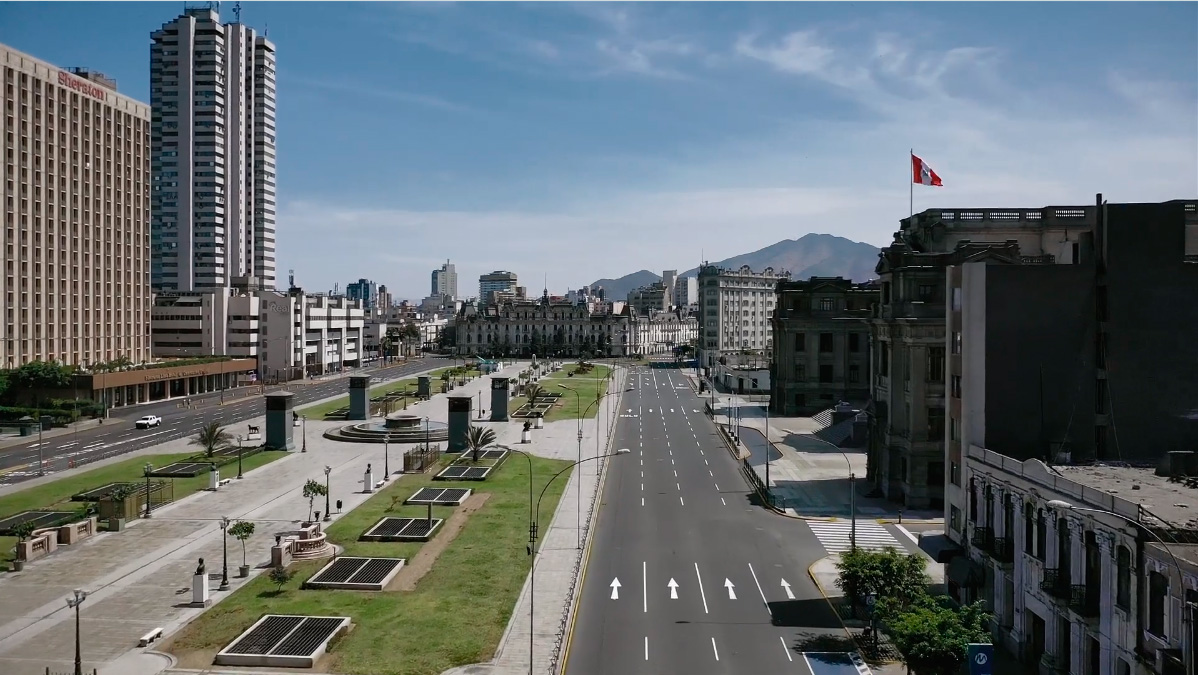While the coronavirus Peru, and the government is focusing all its efforts to control it, the pandemic has had a positive side effect and unexpected for the environment: a 97% reduction in greenhouse gas emissions (GHG) and air pollutants associated with the vehicle fleet in Lima -according to Oscar Aguinaga, professor of Environmental Engineering at Cayetano Heredia University-. This is due to the 1,667,919 vehicles during the mandatory social isolation and the prohibition of private car circulation. The situation is replicated in various parts of the world, at different scales.
As a result of this global health crisis, in China hundreds of factories operations have been paused and the 70% of the 70% has been canceled. flights emissions to prevent the spread of COVID-19. These measures have indirectly succeeded in reducing GHG emissions in the Asian country, currently the world's leading emitter. According to the National Aeronautics and Space Administration (NASA), during February, China emitted 150 million metric tons of CO2 lesscompared to the same month of the previous year. These data are particularly significant if we recall that China accounts for 30% of total global emissionsaccording to the World Bank.
For its part, the International Energy Agency (IEA) reported last week that its forecast of world oil demand was 365,000 fewer barrels per day than its previous estimates - its lowest level since 2011 - due to the measures taken in response to the virus. This leads us to believe that a greater adoption of remote work and a reduction in business air travel could significantly impact oil demand, and thus GHG emissions in the long term.
Specifically on the remote workingAccording to a 2019 Harvard study, this mode of employment means a increase in productivity of 4.4%, USD $38.2 million in infrastructure cost reductions, and 4.4% in contracting cost reductions. Moreover, from an environmental point of view, 1 day of remote work per week in an organization with 100 employees represents a reduction of almost 20 tons of CO2 in one year.
While the state of emergency presents us with unprecedented personal, social and economic challenges, in our country this period of social isolation decreed by the government can also be viewed as a opportunity to reflect on a few things: why can't remote work become a work model in companies, are all our consumptions and plane trips by car necessary, or can we implement work and family practices that help combat climate change?
The world will definitely not be the same after the coronavirus. From this day forward, the social and environmental responsibility of our companies will be essential to continue operating in a vigilant and connected society.. The first, to recover from the social and economic impact of this crisis; and the second, to ensure that our learnings on how to reduce environmental impacts are applied at scale and on an ongoing basis.

Marian Buraschi
Director of the nexos+1 platform
Photo: standstill.world




